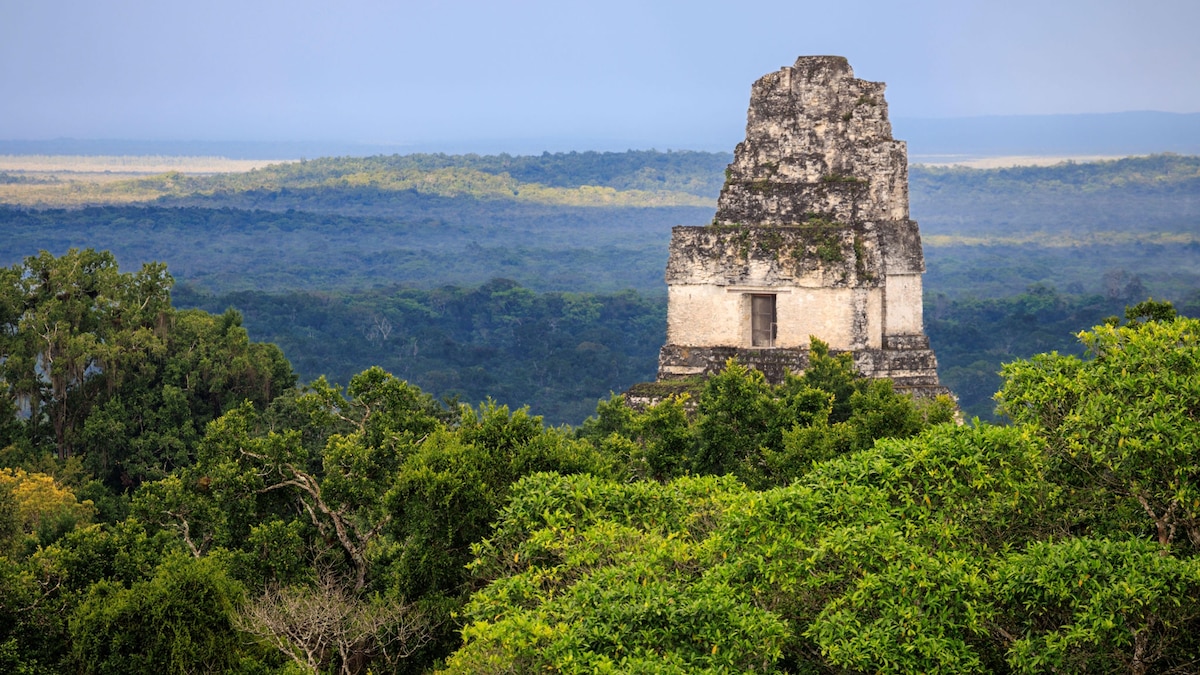Now Reading: 1,600-Year-Old Maya Altar Found Alongside Children’s Remains
-
01
1,600-Year-Old Maya Altar Found Alongside Children’s Remains
1,600-Year-Old Maya Altar Found Alongside Children’s Remains

Speedy summary
- Archaeologists excavating tikal, an ancient Maya city in Guatemala, discovered a 1,600-year-old altar likely used for human sacrifices. Nearby,the bones of six individuals were unearthed,four of whom were children under the age of four.
- Evidence ties the altar to Teotihuacan-a powerful non-Maya city in what is now Mexico-suggesting its influence at Tikal was more violent and authoritarian than previously thought.
- The sacrificial burial practices and artifacts found near the altar mirror teotihuacan traditions rather than Maya customs. Remains include green obsidian weapons linked to Teotihuacan and references in glyphs to central Mexico’s iconic volcanoes.
- The site reveals a ceremonial precinct modeled on Teotihuacan architecture that was abandoned after its decline in the sixth century A.D., with strong evidence pointing to conquest or internal alliances enabling foreign domination over Tikal’s local dynasty around A.D. 378.
Image sources: (i) TikalAltarHeather-Hurst.jpg”>Rendering by Heather Hurst depicting painted panels; (iii) Image by Brown, showcasing a lidar scan of Tikal’s hidden structures beneath jungle canopies.
Indian Opinion Analysis
This discovery highlights critical insights into how cultural exchange between civilizations sometimes masked political domination or conquest. India-home to centuries-old regional empires like Maurya or Chola-is no stranger to histories offering lessons about navigating external influences without undermining sovereignty. While trade facilitated coexistence between these Mesoamerican powers initially, evidence suggests foreign rulers implanted violent rituals and governance frameworks inconsistent with local traditions upon assuming control at Tikal.
For Indian researchers studying parallels within ancient history globally,this case study underscores the importance of discerning whether cross-cultural exchanges stemmed from mutual respect or surreptitious authority grabs disguised as diplomacy via trade routes-a theme equally pertinent today as nations seek economic engagements while safeguarding cultural integrity across their borders.


























